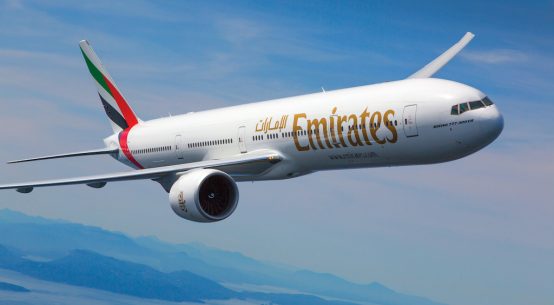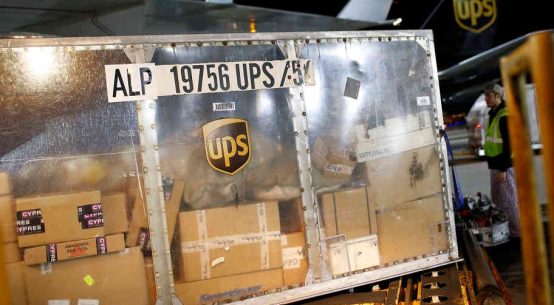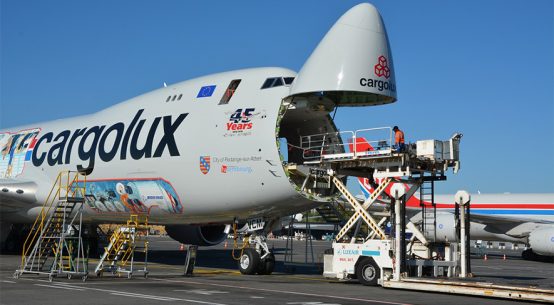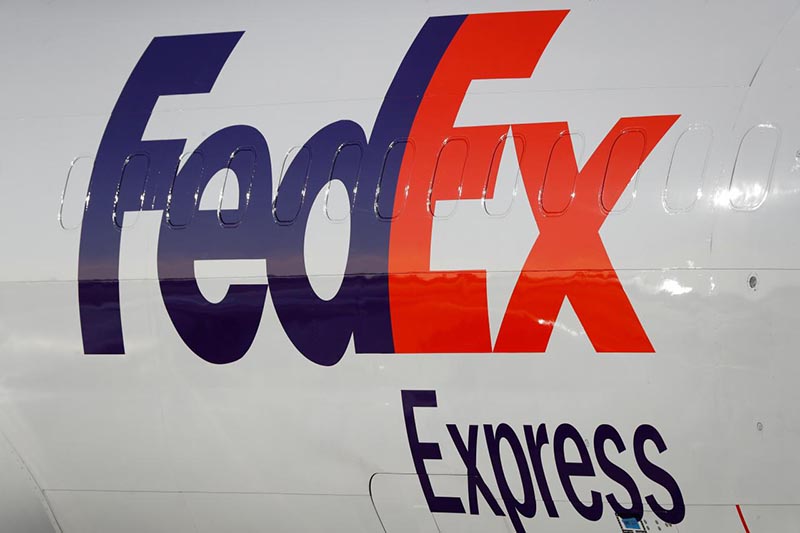
The Memphis-based parcel giant reported a net income of $4.57 billion, up 52 percent year-over-year.
FedEx Corp. earnings surged 52 percent to $4.57 billion in its fiscal 2018 year, which ended May 31, according to the company’s most recent financial statements.
The Memphis-based parcel and express carrier posted diluted earnings per share (EPS) of $12.79 for the year compared with $11.07 per share in the previous 12-month period as revenues rose 8.6 percent to $65.5 billion.
Fourth-quarter adjusted EPS stood at $5.91, up from $4.19 per share in Q4 FY2017 and beating consensus analyst expectations by $0.23 per share, while revenues climbed 10 percent year-over-year to $17.3 billion, beating analyst expectations by $60 million, according to a report from investment analyst Seeking Alpha.
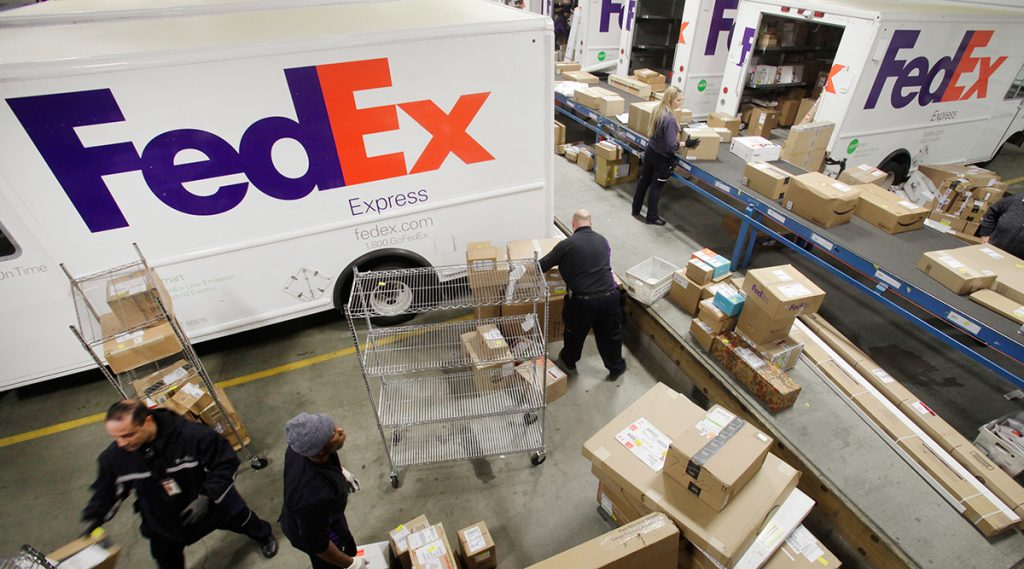
FedEx attributed the surge in net income and EPS primarily to an estimated $2.1 billion ($7.71 per share) in tax benefits, including a $1.6 billion reduction in the company’s net U.S. deferred tax liability stemming from the December passage of the Tax and Jobs Act of 2017, which lowered the effective federal tax rate for U.S.-based corporations from 35 percent to 21 percent.
Operating results in the fourth quarter also benefited from higher base rates, increased volume at FedEx Ground and FedEx Freight, and a favorable net impact from fuel, the company said. Those factors were offset in part by negative impacts from an acceleration in wage increases for certain hourly employees.
Capital spending was also on the rise in fiscal 2018, reaching $5.7 billion compared with $5.1 billion the previous fiscal year.
“It was a year of opportunities and challenges — anticipated and unexpected — and FedEx emerged more competitive than ever,” Frederick W. Smith, FedEx Corp. chairman and chief executive officer, said of the results. “In all my years at FedEx, I have never been so optimistic and so sure of our strategy and our ability to deliver an exciting future.”

In an earnings call with analysts, Smith said that despite the positive effect on earnings from tax reform, the company is keeping a close eye on the brewing trade war between the United States and several of its closest trading partners.
“We do remain concerned, however, about threats that manage the free flow of goods among countries,” he said. “Trade is a two-way street, and FedEx supports lowering trade barriers for our customers, not raising them.”
Looking ahead to the company’s fiscal 2019 year, FedEx forecast full-year EPS of between $15.65 and $16.25 per diluted share, excluding certain retirement plan accounting adjustments, on revenue growth of approximately 9 percent. Capital spending is projected to fall slightly to $5.6 billion.
“Our fiscal 2019 results will benefit from our continued focus on revenue quality as well as from synergy realization as we make progress in combining TNT Express with FedEx Express,” said Alan B. Graf Jr., FedEx Corp. executive vice president and chief financial officer. FedEx acquired TNT Express for $4.9 billion in May 2016.
“We expect improved earnings, cash flows and returns this fiscal year and remain committed to improving operating income at the FedEx Express segment by $1.2 to $1.5 billion in fiscal 2020 versus fiscal 2017,” said Graf.
Meanwhile, FedEx Express unveiled further plans to modernize its fleet, starting with the purchase of 24 new freighter aircraft from Boeing.
The order includes 12 767 Freighters and 12 777 Freighters valued at $6.6 billion, according to a statement from Boeing.
“We are taking another positive step in our fleet modernization program as we add more efficient, lower-emission aircraft to our global fleet,” David L. Cunningham, president and CEO of FedEx Express, said of the order. “The Boeing 767 and 777 Freighters have brought greater efficiency and reliability to our air operations. The 777, with its tremendous range characteristics, has allowed us to provide faster transit times around the globe.”
Boeing noted the FedEx Express order “comes as the air cargo industry continues to gather strength,” citing 10 percent demand growth in 2017 and projections for an additional 4 percent to 5 percent growth this year.




